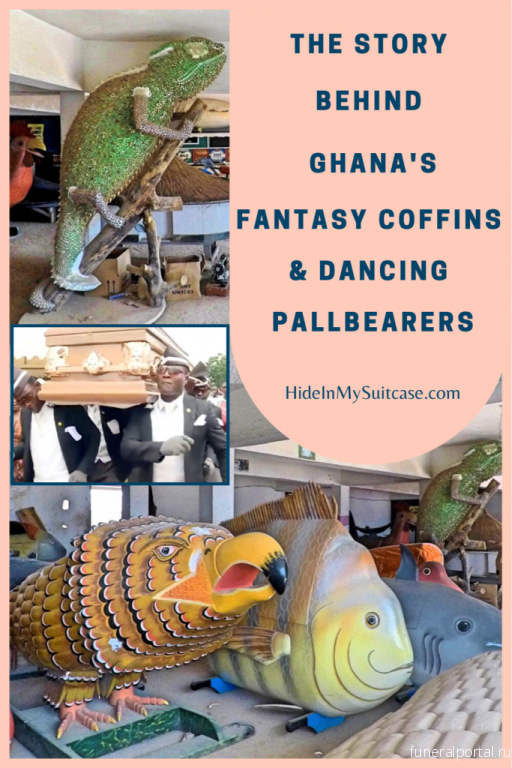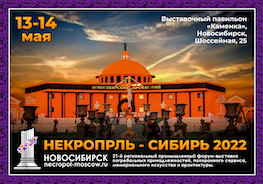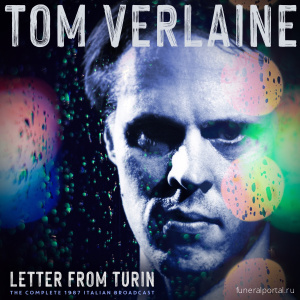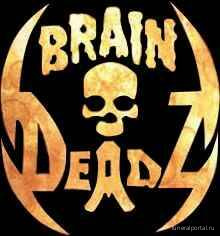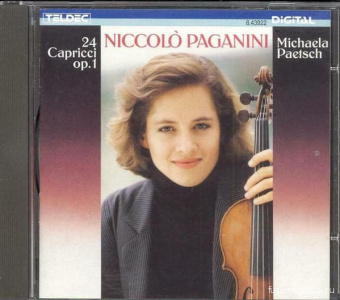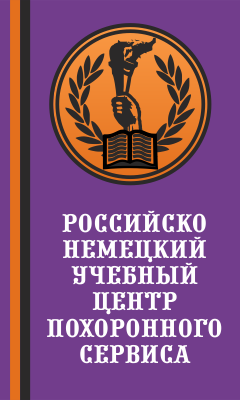
In Ghana's capital, a unique group of artisans has elevated death into an art form. They build fantasy coffins — okadi adekai in the local Ga dialect — to represent the deceased’s profession, vices or dreams. PHOTOGRAPH BY ALAMY
Death was staring me in the face. I’d strayed down a dusty alley off the main road in Teshie — a coastal community on the southeast fringes of Ghana’s capital Accra — past kittens pawing at scrawny chickens and a woman sheafing corn. She’d regarded me silently, lips pressed into a flat line. The air was thick with the stench of smoked fish and the rasping sounds of sawing. And, rounding a corner, I’d come face to face with it. A whale-sized red fish with bulging eyes and a hollowed-out belly hungrily waiting for a body. “The craziest coffin I ever made was a crocodile for a fetish priest,” said Ernest Anang Kwei, appearing from behind the beginnings of a wooden lorry and wiping his hands on a raggedy cloth.
Ernest belongs to a unique group of men who’ve elevated death into an art form. They build fantasy coffins — okadi adekai in the local Ga dialect — to represent the deceased’s profession, vices or dreams. “Kane Kwei, my father, was the first. Back in the 1950s, he was making furniture. His grandmother — who’d always wished to travel abroad but never did — died, so he crafted her an aeroplane. Then a big-man fisherman passed away and he was asked to carve a fish coffin. People loved it and other commissions followed,” explained Ernest. Today, there are around 10 fantasy coffin workshops in Accra, all owned by former apprentices of Kwei.

Today, the coffins are sought-after by art collectors worldwide. US President Jimmy Carter reportedly bought two from Ernest's fellow artist Paa Joe when he visited Ghana. PHOTOGRAPH BY ALAMY
We crunch across the dirt floor littered with golden curls of wood shavings, as if someone had hacked away at Goldilocks’ mane. Ernest introduces me to 24-year-old trainee Blala Thompson. “I couldn’t go to school, so I wanted to learn a business — I’ve spent two weeks making a truck for a lorry dealer,” he says, shyly. It takes around five years to learn the trade. Every object is carved by hand, mostly from the local wawa tree; those for richer clients are made from more durable mahogany, and the cost varies between £300 for locals to up to £10,000 for international clients, depending on the level of detail and time taken for the commission. “It’s 40% art, 60% burial,” says Ernest. Today, the coffins are sought-after by art collectors worldwide. US President Jimmy Carter reportedly bought two from fellow artist Paa Joe when he visited Ghana. “The furthest so far was a collector in Russia,” smiles Ernest, proudly.
He leads me through the workshop where there’s a Willy Wonka-esque collection of caskets. A camera, a trumpet, an ice-cream cone, a hairdryer, a googly-eyed lobster, a Coca-Cola bottle, a shiny black brogue, a yellow-beaked eagle, an ear of sweetcorn, even a colossal ant. A fine dust — remnants of the dry north-easterly Harmattan wind that blows across West Africa — coats their coloured surfaces.
Read more: The best hangouts in the Ghanaian capital of Accra
Some professions are more apparent than others. A gun for a solider, a trumpet for a musician and an eagle for a chief — these make sense. But an ant? “Some are based on local Ga proverbs. The meaning will be unclear to outsiders,” explains Ernest.
It’s much more than a status symbol: the Ga people believe the deceased will continue their job in the afterlife and the coffin acts as a reminder. Also, ancestors wield great power and honouring them with a grand coffin is a good way to curry favour, with families often spending up to a year’s salary on the ceremony.
“What would you like to be buried in?” I ask Ernest. “In a plane, like my great grandmother,” he smiles. “And you?” he replies. I’ve never given it much thought until now, but the idea is starting to appeal. It seems the ideal way to honour and celebrate a transcending soul, rather than commiserate a lost life. “What do you suggest?” I ask him. Ernest looks silently down at my hands, where my biro hovers over a notebook. “You’re a writer — for you it has to be a mighty pen!”
West-African specialist TransAfrica offer bespoke tours throughout the region and can arrange a day-trip visit to the fantasy-coffin makers of Accra. British Airways offer direct daily flights from London Heathrow to Accra from £400 return.

The story behind Ghana’s fantasy coffins & dancing pallbearers
https://hideinmysuitcase.com/ghana-fantasy-coffins-dancing-pallbearers-funeral/
